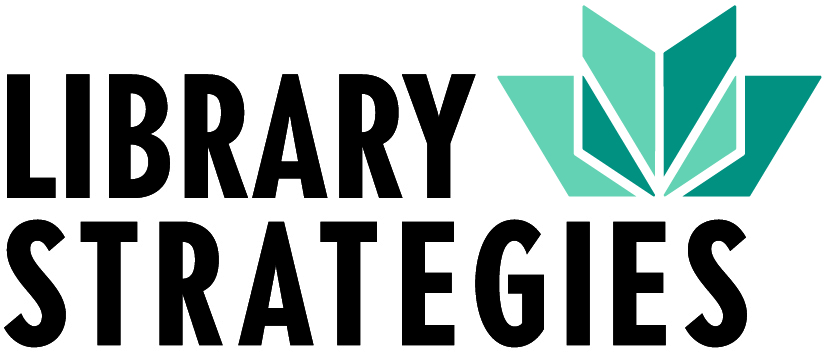Creating a Fundraising Board

Have you ever noticed an organization in your community that seems to have no difficulty raising private funds? It seems that there are certain organizations in each of our communities widely known as being among the strongest, best-funded organizations around, but how did they get to be that way?
Very likely, the one factor that all successful organizations have in common is a high quality Board of Directors. Their Board members consist of well-connected, influential individuals with recognizable names around the community.
When it comes to fundraising success, the quality of your Board of Directors is the most important factor. Your Board members open doors to individuals, foundations and corporations in the community that are able to make contributions to your organization. This fact seems to be well known among the major arts organizations, which typically are the organizations in the community with the best fundraising record and the most influential Board of Directors.
In the library world, however, we often times look to people who are book lovers to populate the Board of Directors of our Friends and foundations. A study conducted by the Online Computer Library Center (OCLC) shows what many of us have known for years. The individuals who have the most potential and the most willingness to make major contributions to your library are very likely not individuals who use the library. How can this be? The reason is that individuals who are able to make major contributions to the library, view the library as an essential part of the educational infrastructure in your community, similar to strong public schools. These individuals are civic leaders and are interested in supporting the infrastructure of a community that will make it strong for the future.
So, who are these individuals in your community who would make excellent Board members? Typically, it would be individuals who are business leaders, CEOs of local businesses, individuals high up on the corporate ladder, individuals affiliated with community foundations, individuals with personal wealth, individuals who are active and recognized civic leaders, and individuals who know and have access to the people of influence in your community.
A frequently asked question is about the ideal size of a library foundation or Friends group Board of Directors. Many groups tend to have limits on the number of Board members allowed to serve. When organizations limit themselves to 10 or 15 members, they often are not getting good representation from all the various groups within the community. Every Board member has groups and clubs to which they belong, and having these individuals brings you access to all of that Board member’s extended contacts. It would seem that limiting your Board to a small size doesn’t make financial sense for a fundraising organization.
There is no practical reason for including limits to the number of Board members in your bylaws. After all, an organization’s needs change from year to year, and it makes sense not to have to amend your bylaws every time you need to add additional Board members. For instance, in times of a capital campaign, it may be very advantageous to expand your Board beyond the number that would typically exist in a noncapital campaign year. The same argument for a larger Board of directors holds true in smaller rural communities as well as in major metropolitan areas. The advantage that smaller rural communities always have in fundraising is that fundraising is based on relationships and the smaller the community, the more likely it is that individuals will have close relationships with one another.
If you invest in crafting a board of both influence and affluence, you soon will become one of the organization’s in your community that people recognize for its fundraising acumen.

